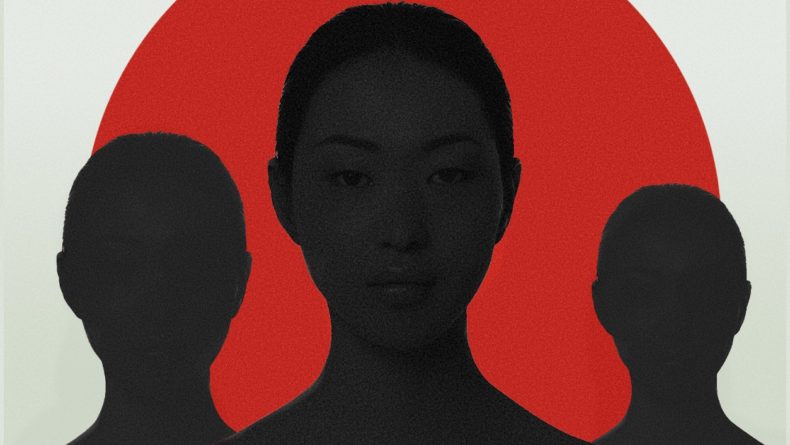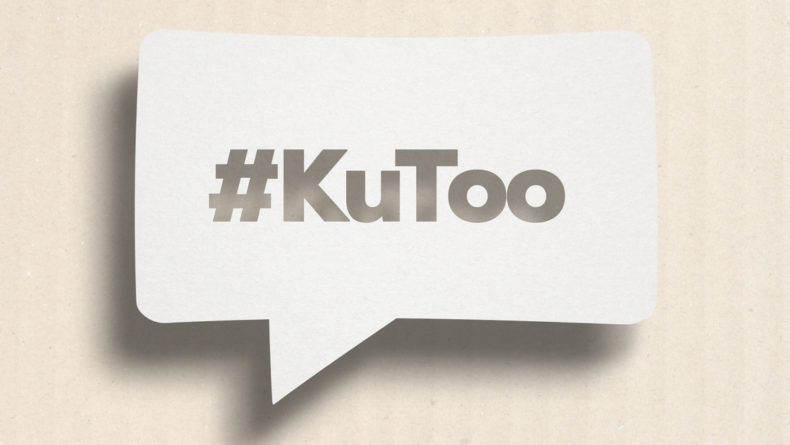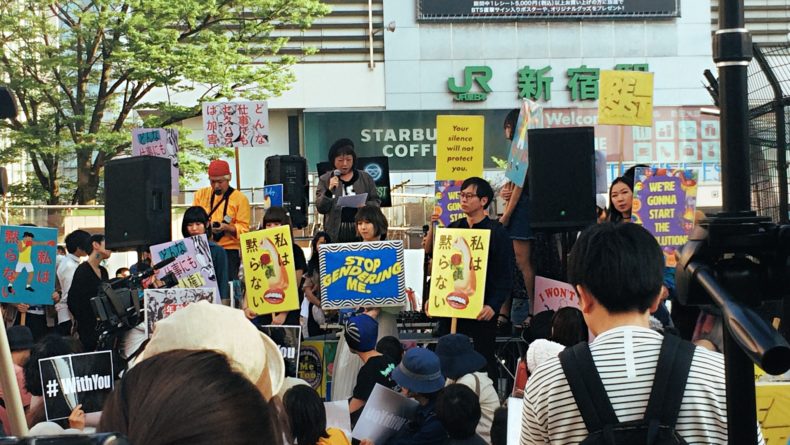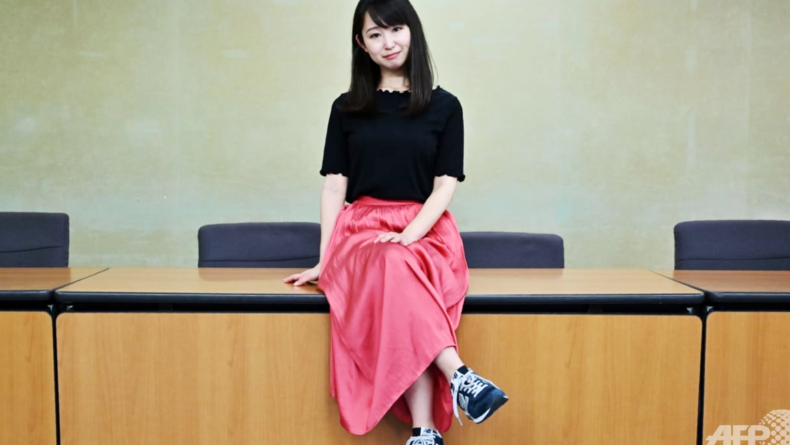7 Things You Can Learn About Gender Inequality From Chizuko Ueno
Professor Chizuko Ueno holds nothing back when it comes to gender discrimination
Here’s what one of Japan’s leading feminists thinks about gender discrimination in higher learning.
Today, with more people consuming news on social media, it’s hard not to be influenced by what’s happening in the rest of the world. Japan is no exception. One example is the #MeToo movement that started in the US. In the last couple of years, the movement has picked up steam in Japan too, resulting in the resignation of top government official Junichi Fukuda who allegedly sexually assaulted a female journalist and a confession by journalist Shiori Ito that well-known journalist, Noriyuki Yamaguchi, allegedly drugged and raped her.
[W]hen [Ueno] was a student, there was no such thing as Women’s Studies. She continues on to explain that “because there was no such study, [she] created it.”
In Japan, #MeToo may have started as a Twitter trend but one Japanese woman has been advocating for gender equality for over four decades. In Japanese academia, 71-year-old Tokyo University Professor Emeritus Chizuko Ueno is a known firebrand and it’s not because she rocks a fierce red pixie cut. In fact, the government of Finland recently awarded the well-respected sociologist and feminist a Han honor for her contributions to the gender equality movement in Japan.
On April 12 this year, the president of the Women’s Action Network (WAN) also earned national and global media attention when she delivered a stirring speech at Tokyo University’s entrance ceremony. Instead of just congratulating the new undergrads on a job well done, she used the platform to talk about gender discrimination in higher learning in Japan, among other things. Here are seven things the good professor talked about.
1. Gender discrimination does exist in admission rates within Japanese universities.
At the beginning of her speech, Ueno mentioned a 2018 study by the Ministry of Education, Culture, Sports, Science, and Technology (MEXT). The study surveyed 82 medical schools in Japan and revealed that, compared to male applicants, it was 1.2 times harder for females to be admitted as medical students. The study also showed that Juntendo University was the most discriminatory, making it 1.67 times harder for women than men to enter its medical school. The study also found that acceptance rates for female students in other departments were less than one but female rather than male students dominated in a number of departments.
2. Less female students in Japanese universities isn’t because they didn’t make the grade.
Ueno said that there are more males than females in medical schools not because males have better grades. In fact, she found that female students have higher class percentile scores. She stressed that the lopsided admission rates reflect the hidden sexism that exists in these institutions, preferring male students over females. For example, she explained that at Todai (Tokyo University), there has never been more than 20 percent of female students at the undergrad level and only 7.8 percent at a professor level, a rate that is lower than the ratio of female members in the National Diet (Japanese Parliament).
3. Parents believe that boys should go to four-year universities while girls should go to two-year junior colleges.
Ueno also mentioned the Report on School Basic Survey that found that 55.6 percent of males and 48.2 percent of females attend four-year universities, and one of main causes for this is gender discrimination that starts in the home. For example, there are still many Japanese parents who believe the stereotype that boys should go to four-year universities while girls should go to two-year junior colleges so they can focus on other roles (homemaker, wife, mother). Ueno stressed that instead, Japanese parents should pay attention to Malala Yousafzai’s father, a man who raised his daughter to believe she could achieve anything in spite of her community’s constricting roles for women.
4. Men are more likely than women to brag that they go to Tokyo University.
Ueno disclosed that at some group blind date sessions, male students of Tokyo University who name-drop their alma mater are often considered more attractive. However, the situation is the reverse for female Todai students who downplay their educational background. This is because they have been taught from a young age that it is better to be kawaii (cute) than smart to attract a potential mate.
[Japanese girls] have been taught from a young age that it is better to be kawaii (cute) than smart to attract a potential mate.
The professor also described a case where five students from the elite university sexually assaulted a female student from a private university because she was “stupid.” The case even inspired Kaoruko Himeno to write the novel, Because She is Stupid (彼女は頭が悪いから) to dramatize the misogynistic attitudes these male students displayed.
5. Male students discriminate against female students in club admissions.
The professor also commented that several Todai clubs admit female students from other universities but not female students from their own alma mater. Ueno stated that this discriminatory practice also existed when she attended the university fifty years ago. However, she emphasized that such behavior is unacceptable because it violates Todai values that protect the equality of treatment at the university.
6. Ueno pioneered Women’s Studies in Japanese universities.
The Tokyo University Professor Emeritus mentioned that when she was a student, there was no such thing as Women’s Studies. She continues on to explain that “because there was no such study, [she] created it.” Forty years ago, she did just that when she started working in the Department of Literature at Tokyo University. She realized that she finally had the chance to pioneer a brand new research area that asked important questions about the status quo in Japan. Over time, women’s studies evolved into gender studies and even paved the way for the development and inclusion of more diverse academic fields like environmental studies and disability studies.
7. Tokyo University students must use their privilege for the greater good.
To conclude her speech, Ueno stressed that Tokyo University students need to change their mindset about success. She reminded them that they are rewarded not just because they work hard but also because of their privilege. It is because of their supportive environment that many of the students were able to reach so many achievements, and it is also why they must use their privilege to improve the lives of those who are less fortunate. She urged the students to welcome diversity and to see themselves as part of something bigger than just the campus bubble.
It is because of [the students’] supportive environment that many of [them] were able to reach so many achievements, and it is also why they must use their privilege to improve the lives of those who are less fortunate.
Ueno should be praised for drawing attention to the structural gender inequality and discrimination that still exists in higher learning in Japan. For far too long, Japanese society has maintained a highly conservative attitude towards gender roles and resisted changing gender norms in its contemporary society and the rest of the world. Maybe it’s time for the Japanese people to wake up when it comes to gender equality and for that, we thank you, Professor Ueno.
Read the full speech in Japanese here or a translated version here via Voice Up Japan.
















Leave a Reply